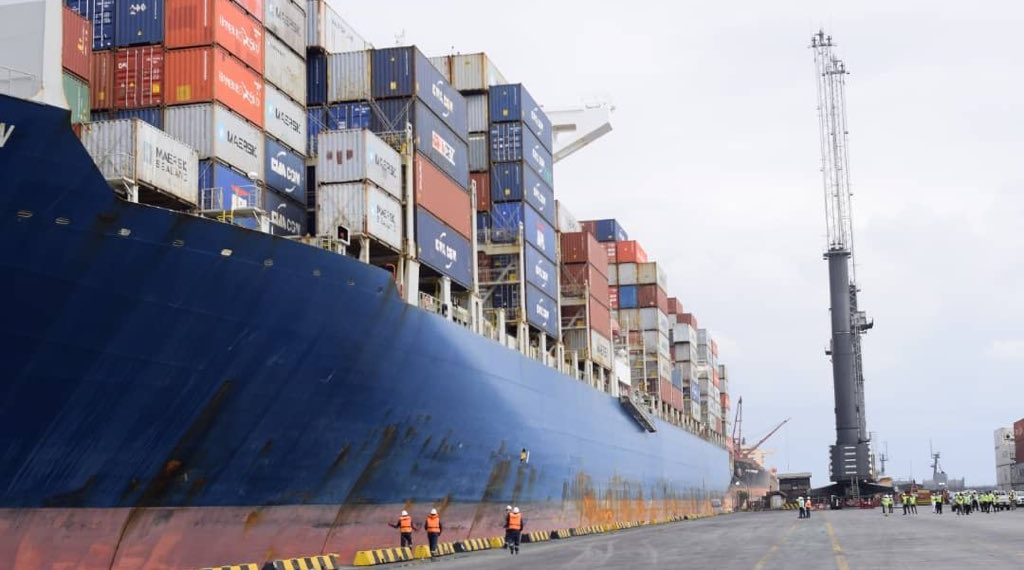MVX, a digital goods and trade financing company based in Nigeria, has suspended operations, further highlighting the growing challenges faced by companies in the country’s logistics sector.
Founded in 2019 by Tonye Membere-Otaji and Amusan, MVX initially aimed to simplify the process of vessel chartering. However, shortly after its launch, the company shifted focus to providing digital freight and trade financing solutions.
Tonye Membere, the company’s co-founder and CEO, highlighted the company’s vision, saying, “we are building the future of OSV chartering in Africa by reducing inefficiencies, increasing capacity and utilization of vessels across African waters and we’re happy to be working with our early investors. Their wealth of experience and network is a plus for us and we are excited to welcome them on-board.”
The firm initially drew considerable investor interest, thanks to its innovative business model and the promise of improving the maritime and trade financing sectors. Despite the enthusiasm and early-stage funding, MVX faced mounting operational challenges that it could not overcome, eventually leading to the suspension of its operations.
Economic pressures and regulatory challenges
MVX’s collapse comes at a time when businesses operating in Nigeria’s logistics sector are grappling with a series of interconnected challenges. Chief among these challenges are the country’s volatile economic conditions. Since 2024, Nigeria’s currency, the naira, has significantly depreciated, with rates reaching ₦1,700 to $1 on the parallel market, severely impacting business profitability. Additionally, inflation, currently hovering around 30%, has driven up the costs of essentials like food, gasoline, and electricity, adding further financial strain on businesses.
Read also: VunaPay clinches top prize at Latitude59 in Nairobi, set to represent Kenya in Estonia
Broader impact of MVX’s suspension on Nigeria’s logistics industry
MVX’s struggles mirror the broader challenges confronting Nigeria’s logistics industry. Companies like Kobo360, a major player in the Nigerian logistics sector, have also faced significant financial pressures. Kobo360 has struggled with capital access and has undergone leadership changes, with the resignation of CEO Ciku Mugambi after just a year in the position. These developments have raised concerns about the long-term stability of logistics firms in Nigeria and the viability of digital logistics models in Africa.
Read also: Starlink Nigeria suspends new orders, locks horns with NCC over price increment
The future of digital logistics in Africa
As MVX ceases operations, questions are being raised about the future of digital logistics models in Africa. While the logistics sector holds enormous potential, the challenges highlighted by MVX’s collapse point to deeper systemic issues within the country’s economy and regulatory environment. For startups to thrive, significant reforms are needed in areas such as access to financing, infrastructure development, and regulatory stability.
MVX’s suspension is a cautionary tale for other businesses in Nigeria’s logistics sector and beyond. It underscores the fragility of the startup ecosystem in the face of harsh economic conditions and regulatory uncertainty. Moving forward, the industry will need to address these challenges to unlock the full potential of digital logistics in Africa.
